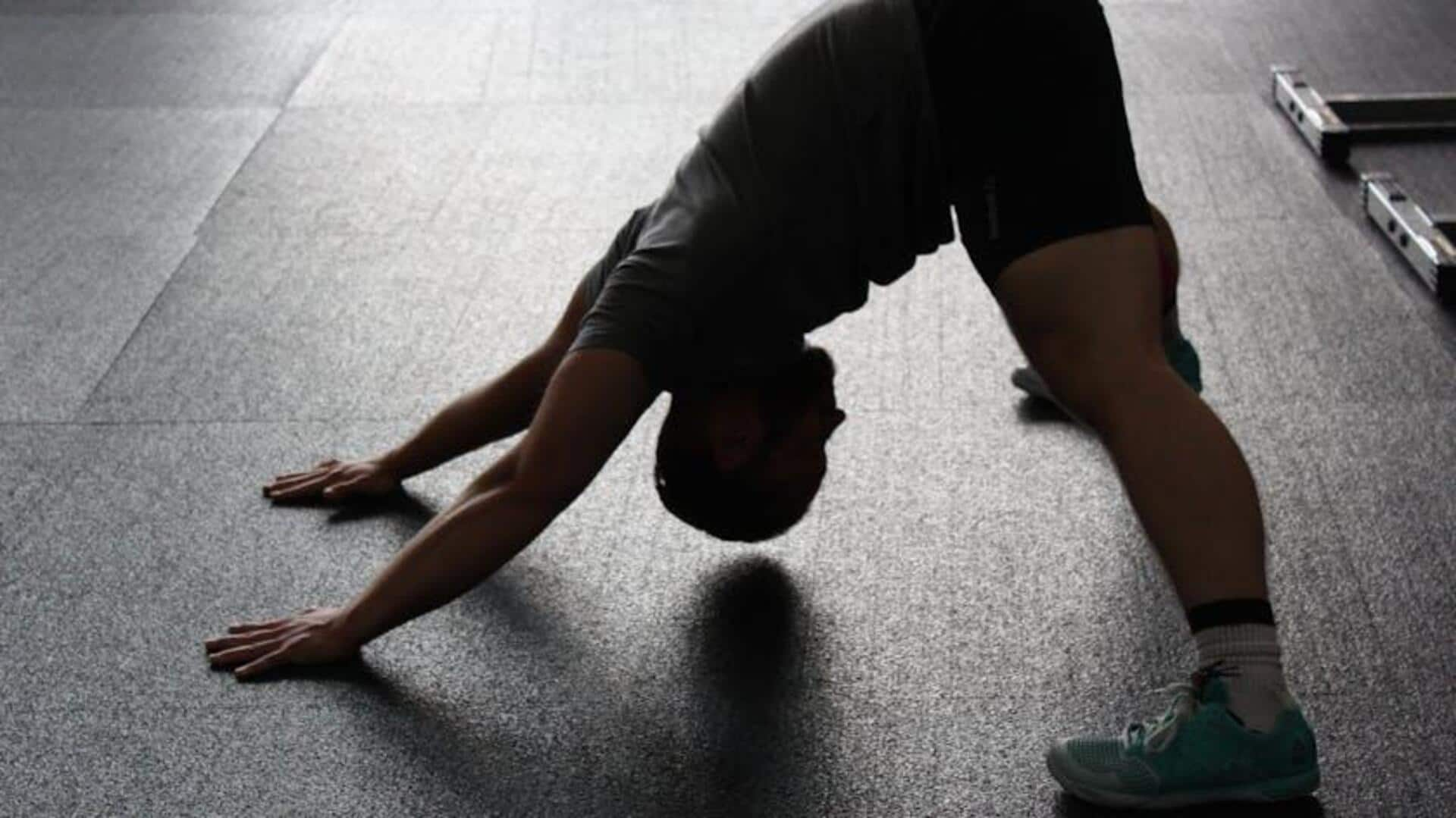
Stretching exercises: Myths v/s facts
What's the story
Stretching exercises are a hot topic in fitness circles, with opinions divided on their effectiveness. While some swear by stretching for flexibility and injury prevention, others are skeptical about its actual benefits. Here's busting some common myths about stretching and highlighting what it really offers fitness enthusiasts. Knowing these, you can make an informed decision on whether to incorporate stretching in your routine.
Injury prevention
Myth: Stretching prevents injuries
A common belief has it that stretching before exercise prevents injuries. However, research indicates that static stretching may not significantly reduce injury risk. Dynamic warm-ups are more effective in preparing muscles for activity by increasing blood flow and muscle temperature. While stretching can improve flexibility over time, relying solely on it for injury prevention might not yield the desired results.
Flexibility improvement
Benefit: Enhances flexibility
We all know that stretching exercises improve flexibility when done regularly. Better flexibility can improve our performance in workouts by providing a wider range of motion. Consistent practice of stretches like yoga or Pilates helps lengthen muscles and tendons, making our body agile and preventing muscle stiffness.
Muscle soreness relief
Myth: Stretching eliminates muscle soreness
Many people think stretching immediately after a workout can prevent soreness in muscles, but studies indicate otherwise. Stretching doesn't really do much to reduce the pain associated with delayed onset muscle soreness (DOMS). However, doing active recovery activities such as a gentle walk or cycling can be more effective in relieving discomfort after intense workout sessions.
Relaxation benefits
Benefit: Promotes relaxation and stress relief
Stretching is great for relaxation and stress relief. Gentle stretches help release tension that gets stored in muscles due to stress, or even inactivity for long periods. Add deep breathing to your stretching and it doubles the relaxation effects by calming your nervous system and improving your mental well-being.
Performance impact
Myth: More stretching equals better performance
The idea that more is better (in this case, stretchier) is a myth. Overstretching can lead to joint instability or loss of strength, especially if it's done too often, without proper guidance. The key is a healthy combination of moderate stretching with strength training- the best way to improve your performance without sacrificing stability or power output.